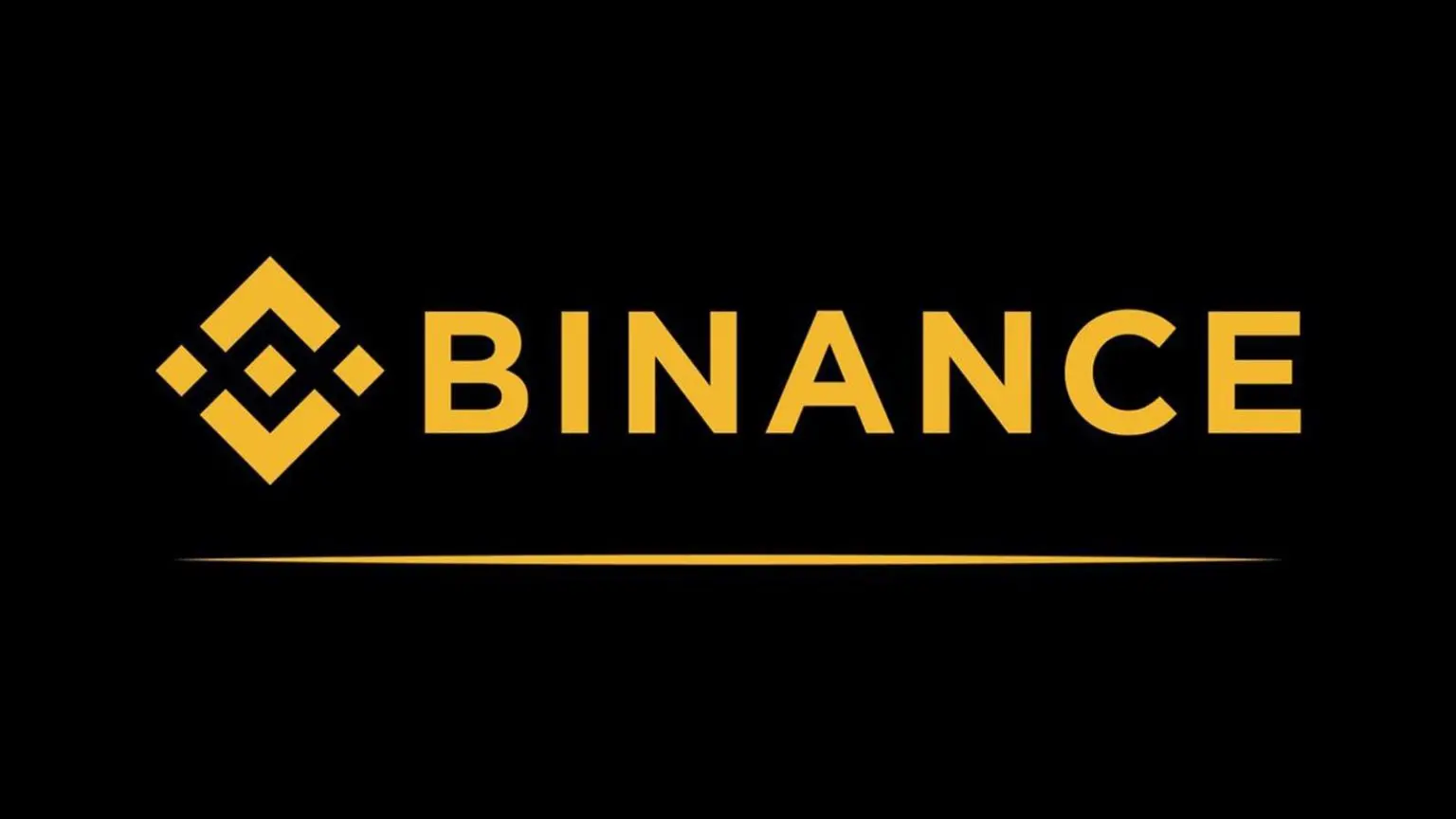
The Students Loans (Access to Higher Education) Act (Repeal and Re-Enactment) Bill, 2024, was approved by the National Assembly on Wednesday. This follows separate reviews of the Committee on Tertiary Institutions and the TETFund report by the Senate and the House of Representatives.
ZINGTIE recalls that the Students Loan Bill was sent back to the National Assembly for a comprehensive revision less than a year after President Bola Tinubu signed it into law.
President Tinubu, who campaigned to aid students, labored for eight months to put the bill into effect, missing numerous deadlines.
The President came under fire for missing multiple deadlines for the policy’s implementation.
On Thursday, though, Mr. Tinubu sent a bill to the National Assembly intending to repeal and re-enact it.
The President claimed that getting the initiative off the ground was challenging because of specific legal requirements. Therefore, he urged lawmakers to rewrite the law entirely.
In a letter to the National Assembly, the President stated, “The bill seeks to address the challenges relating to the management structure of the Nigerian Education Loan Fund (NELF), applicant eligibility requirements, loan purpose, funding sources, and disbursement and repayment procedures.”
ZINGTIE examines some of the legislative amendments President Tinubu recommends in this report.
Including every student
The exclusion of certain students due to the phrasing of the law is one of the main problems that the proposed amendment aims to address.
According to the current Act, the loan must only be used to pay for tuition. In the letter, President Tinubu stated that because federal university students do not pay tuition, such a condition would bar them from accessing the loan.
Under the existing legislation, students can only apply for loans to pay for their tuition expenses. Federal postsecondary educational institutions do not impose tuition. Students must, however, pay additional institutional fees.
Additionally, under the existing Act, students could not apply to the Fund for loans to meet their other maintenance costs or other institutional charges, which would negate the loan’s intended goal of facilitating young Nigerians’ access to postsecondary education.
The Fund can “provide loans to qualified Nigerians for tuition, fees, charges, and upkeep during their studies in approved tertiary education institutions and vocational and skills acquisition institutions in Nigeria,” according to the proposed bill.
Operational authority transferred from the CBN governor.
According to the present Act, managing the Fund is the duty of the CBN Governor. A Special Committee chaired by the Governor of the Central Bank of Nigeria (CBN) is responsible for overseeing the Fund’s management. The Governor designates a secretary to support the committee’s executive decisions.
The CBN governor will lose the ability to administer the Fund if the new bill is approved. The Fund’s Managing Director will now be in charge of the execution.
Mr Tinubu said in his letter: “The Act imposes on the Governor of the CBN management and executive responsibilities outside the core mandate of the CBN, which should be the Governor’s focus.”
Guarantors to be removed
The President’s bill also aims to do away with a few requirements that students must meet to be eligible for the loan.
For example, for a student to be eligible for a loan, he has to give two guarantors who can be a judge of peace, a civil servant at level 12 or higher, a lawyer with ten years of post-call experience, a judicial officer, or a justice of the peace.
Additionally, only applicants whose total family income is less than N500,000 annually can apply under the existing Act. This clause prohibits a person’s child from applying for this loan if that person makes more than N45,000.
Children of defaulters are prohibited from obtaining loans.
Furthermore, the Act prohibits children of defaulters from becoming eligible for loans.
The proposed Act prohibits the disqualification of student applicants based on their parents’ loan history.
Payment will start after two years of work.
The Act makes it illegal not to repay loans taken out from the Fund, regardless of any factors that may have an impact on a borrower’s ability to repay, such as unemployment, death, or disability.
It merely provides that “The Fund shall not initiate loan recovery efforts until two years after the completion of the National Youth Service programme.”
The President stated in the letter that Fund beneficiaries will start repaying as soon as they start working in whatever capacity.
Loan forgiveness in the event of death
According to the proposed bill, a beneficiary’s death marks the end of the debt.
As per the President, the bill “makes provision for loan forgiveness in the event of death or acts of God causing inability to repay.”
“A beneficiary may request an extension of enforcement action by the Fund by providing a sworn affidavit indicating that he is not employed in any capacity and is not receiving any income.
“Only a person who provides a false statement to the Fund under this section is guilty of a felony and is liable to imprisonment for three years.”
Please don’t forget to “Allow the notification” so you will be the first to get our gist when we publish it.
Drop your comment in the section below, and don’t forget to share the post.


![Nigerian Government releases list of over 37 illegal universities in Nigeria [FULL LIST]](https://zingtie.com/wp-content/uploads/2024/01/NUC.jpg)





